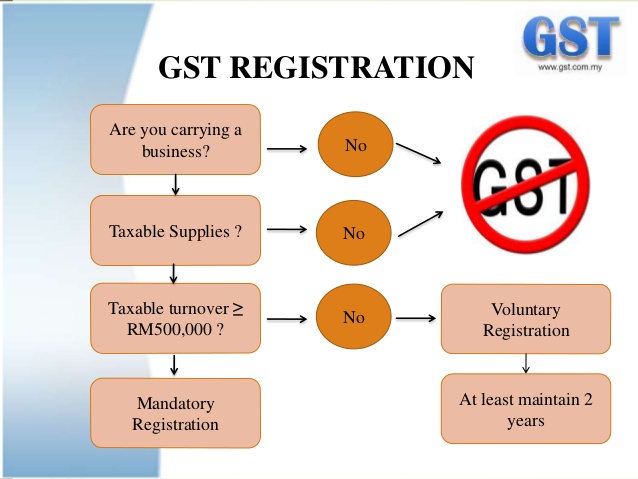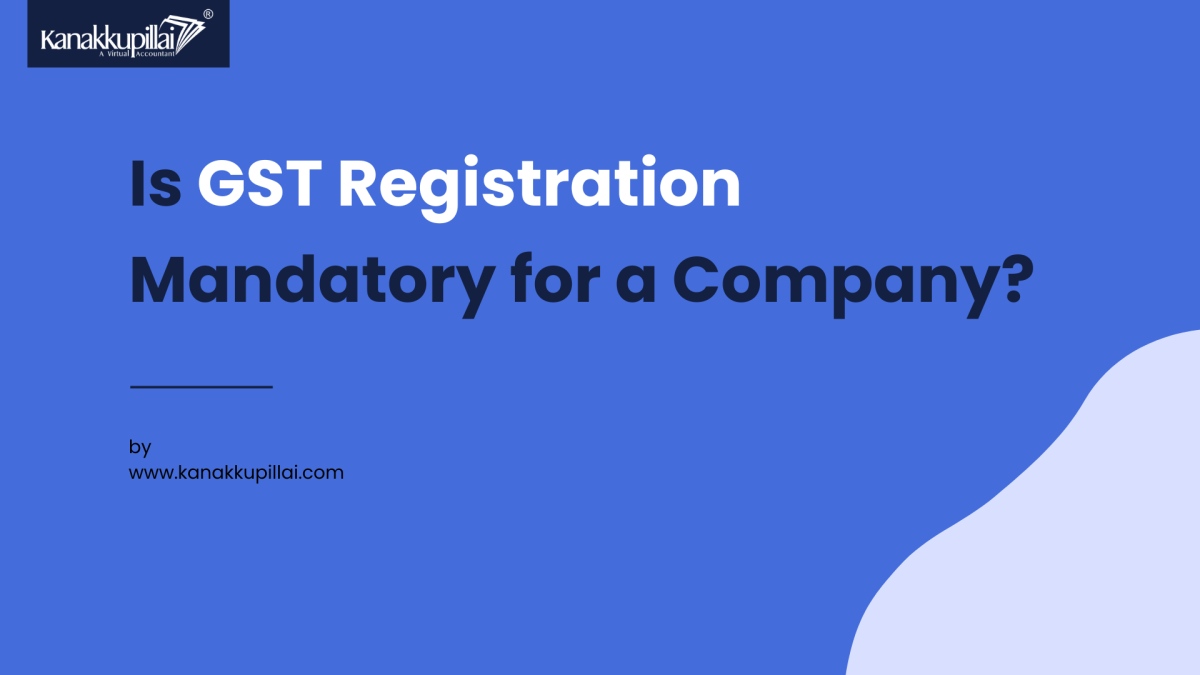Optimize Your Cost Savings with the most effective GST Registration Services in Singapore
Optimize Your Cost Savings with the most effective GST Registration Services in Singapore
Blog Article
From Begin to Complete: The Ultimate Roadmap to GST Registration for Businesses Looking For Financial Security
Browsing the intricacies of Item and Provider Tax Obligation (GST) enrollment is an essential step for organizations aiming for economic security. Damaging down the roadmap right into convenient actions can enhance the registration trip for companies looking to enhance their financial standing.
Comprehending GST Fundamentals
Exploring the fundamental concepts of Product and Solutions Tax (GST) is vital for gaining a comprehensive understanding of its ramifications on services and the economy. GST is a value-added tax levied on the majority of products and solutions for residential intake. It has replaced multiple indirect tax obligations that existed in the pre-GST period, improving the tax obligation framework and improving ease of doing business in India. Under the GST system, both items and solutions are exhausted at a particular rate, which is established based upon their classification. Organizations are needed to register for GST if their yearly turn over exceeds the threshold limit established by the government. Input Tax Obligation Credit (ITC) is a substantial attribute of GST, allowing organizations to declare credit rating for tax obligations paid on inputs, decreasing the total tax burden. Comprehending the basics of GST is critical for companies to abide with tax obligation guidelines, handle their finances successfully, and add to the country's financial development by taking part in a transparent tax obligation system.
Qualification Criteria for Registration
To sign up for GST, organizations need to fulfill certain qualification requirements developed by the federal government. The key qualification demand is that any kind of organization associated with the supply of goods or services with an annual aggregate turn over over the threshold limitation established by the authorities need to sign up for GST. Since the present laws, the threshold limit for GST registration is a yearly aggregate turnover of 40 lakhs for businesses running within a state, besides special category states where the restriction is 20 lakhs. In addition, specific companies are required to sign up for GST regardless of their turn over, such as interstate distributors, laid-back taxable persons, and organizations reliant pay tax under the reverse cost system. It is important for companies to completely examine their turn over and transaction kinds to determine their GST registration responsibilities precisely. Failure to sign up for GST when eligible can cause penalties and legal consequences, making it important for organizations to abide by the specified qualification criteria.
Papers Needed for Registration
Having actually fulfilled the eligibility standards for GST enrollment, services must now guarantee they have the requisite documents in location go right here to continue with the enrollment process efficiently. The documents needed for GST enrollment normally include evidence of company constitution, such as partnership action, registration certification, or incorporation certificate for different types of businesses. Additionally, organizations need to offer documents developing the primary area of company, such as a rental contract or electricity expense.
Step-by-Step Enrollment Refine
Commencing the GST registration procedure entails a series of structured steps to guarantee a smooth and certified enrollment for organizations. The primary step is to see the GST website and complete the enrollment kind with precise details of business entity. Following this, the candidate receives a Short-lived Recommendation Number (TRN) which is made use of to return to the application process if it's not completed in one go.
Next, all needed records as per the checklist supplied by the GST portal demand to be uploaded. These records normally consist of proof of service address, identification and registration proofs of marketers, financial declarations, and business entity's frying pan card.

Post-Registration Compliance Guidelines

Verdict
To conclude, organizations looking for monetary stability must understand the essentials of GST, fulfill eligibility requirements, gather necessary records, comply with the step-by-step registration procedure, and abide by post-registration guidelines - Best GST registration services in Singapore. By adhering to these actions, services can guarantee conformity with tax obligation policies and maintain economic stability in the future
In addition, specific companies are required to sign up for GST irrespective of their turnover, such as interstate distributors, informal taxed persons, and companies accountable to pay tax under the reverse fee mechanism.Having satisfied the eligibility requirements for GST enrollment, services must now ensure they have the requisite records in location to continue with the registration process successfully. The documents required for GST enrollment usually consist of proof of business constitution, such as partnership action, registration certification, or consolidation certification for different kinds of businesses. Furthermore, companies require to offer documents developing the primary location of service, such as a rental contract or electrical power costs.Starting the GST enrollment process entails a collection of organized steps to ensure a smooth and compliant enrollment for services.
Report this page